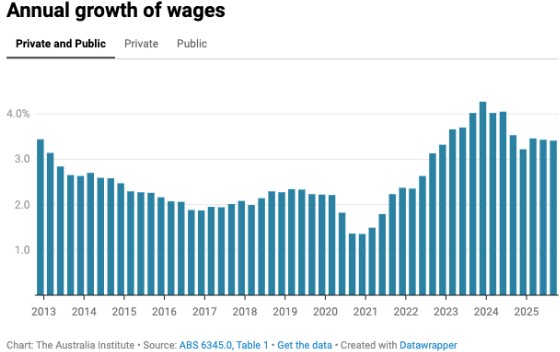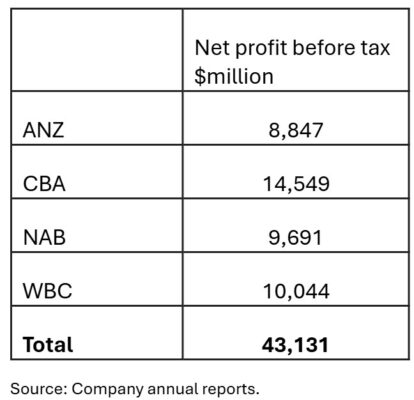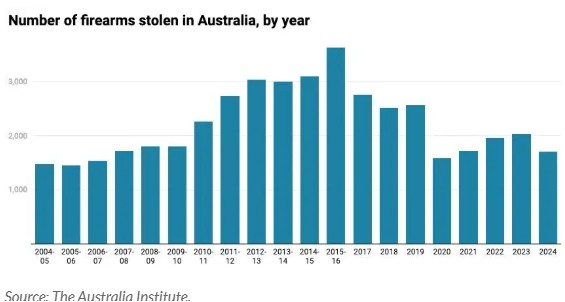And yet, governments know we will accept it without question when it comes to taking from the most vulnerable.
How else to explain the ease with which the Labor government is not just cutting NDIS entitlements (cleverly marketed as “controls on future growth”) and now, the revelations from The Guardian’s Kate Lyons that not only will AI determine need and plans, but there will be almost no way for a human to intervene and make adjustments when, inevitably, human needs and nuances aren’t accounted for by software.
This will no doubt be celebrated by those who think “government can’t pay for everything” and it is “common sense” to put spending caps on care. Those same people never really think that spending caps ought apply to subsidies that just help people make money.
“NDIS costs soar as children flock to scheme” is a headline people accept. But we wouldn’t see those same papers of note report on “capital gains tax discount costs soar as investors flock to housing” – because that’s just the cost of doing business.
Take the event that fund manager Geoff Wilson recently held to celebrate knocking off the very modest superannuation reforms Jim Chalmers had floated.


